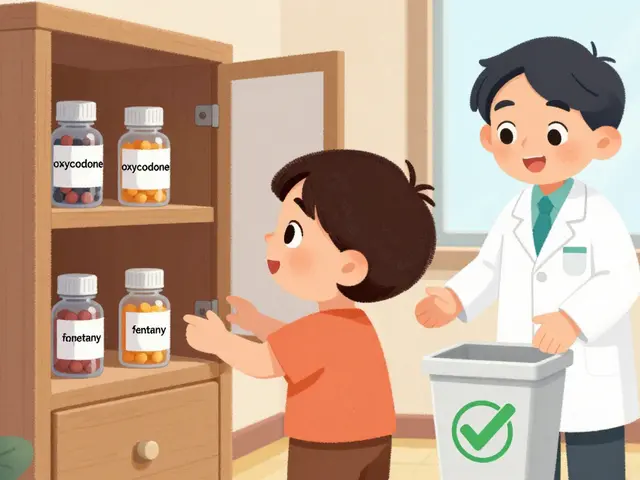Antibiotics for Sinusitis: What You Need to Know
Got a blocked nose and face pain and wondering if antibiotics will fix it? Most sinus infections start as viruses, and antibiotics won’t help viral cases. This page gives clear, practical advice on when antibiotics are needed, which drugs doctors usually pick, how long treatment lasts, and safer steps you can try first.
When antibiotics help
Antibiotics are worth considering when symptoms point to a bacterial infection. Watch for these signs: symptoms lasting more than 10 days without improvement, high fever (over 102°F/39°C), severe facial pain or swelling, or a pattern where you felt better then got worse again (sometimes called “double sickening”). Doctors also consider antibiotics sooner if you have a weakened immune system or other risk factors.
Otherwise, waiting a few days while using symptom relief is often the best move. Why? Bacterial sinusitis can clear on its own and taking antibiotics unnecessarily raises your risk of side effects and helps bacteria become resistant to treatment.
Which antibiotics and how long
First-choice medication for uncomplicated adult bacterial sinusitis is usually amoxicillin or amoxicillin-clavulanate. If you’re allergic to penicillin, doxycycline is a common alternative for adults. Macrolides like azithromycin aren’t favored because many bacteria are resistant to them. Stronger options (e.g., respiratory fluoroquinolones) are reserved for cases where other drugs can’t be used or for more serious infections; these have more risks and aren’t a first line for routine sinusitis.
Treatment length varies. If antibiotics are prescribed, typical courses run 5–10 days. Many doctors stop at 5–7 days if symptoms improve quickly. Always follow your prescriber's instructions, and don’t stop early just because you feel better unless the doctor says it’s okay.
Expect some side effects: stomach upset, yeast infections, and sometimes rashes. If you get severe diarrhea, difficulty breathing, or swelling, contact a clinician right away.
While on antibiotics, support healing with nasal saline rinses, nasal steroid sprays (they reduce inflammation), warm compresses for pain, and staying hydrated. These measures help clear mucus and reduce pressure so you feel better sooner.
When to get urgent care: seek immediate help for high fever that won’t come down, worsening facial swelling, severe headache, vision changes, or any sign the infection is spreading. These are rare but serious.
If you have recurrent or chronic sinus problems (symptoms for 12 weeks or more, or frequent episodes), see an ENT specialist. They can check for structural issues, allergies, or chronic causes and suggest targeted treatments like longer courses, sinus procedures, or allergy care.
Questions for your doctor: Do I likely have a bacterial infection? What antibiotic and how long? What side effects should I watch for? Can I try nasal treatments first? A quick chat with your clinician will steer you toward the safest, most effective plan.




